



While recent advances in machine learning are undeniably remarkable, the integration of causality holds great potential for addressing its limitations and advancing scientific discovery. For instance, machine learning performs remarkably in an i.i.d. setting, but this often fails to mirror the complexity of real-world scenarios and precludes reliable predictions under interventions. This is particularly relevant in the biomedical field, where research questions often are inherently causal, such as uncovering underlying disease mechanisms and evaluating treatment effects. Moreover, biomedical data presents unique challenges, including high dimensionality, heterogeneity, and an inherent time dynamicity in many biological processes. Addressing these specific challenges is crucial to fully leverage the advantages of a causal approach for biomedical questions. In this research project, we focus on developing and extending causal inference approaches for dynamical systems and time-series data. Addressing the complexities of dynamical systems, such as dealing with differential equations, observational noise, and hidden variables, is a key challenge. Yet, the potential impact is significant, as causal reasoning about these processes could enable more accurate insights into the mechanisms underlying health outcomes and interventions.


